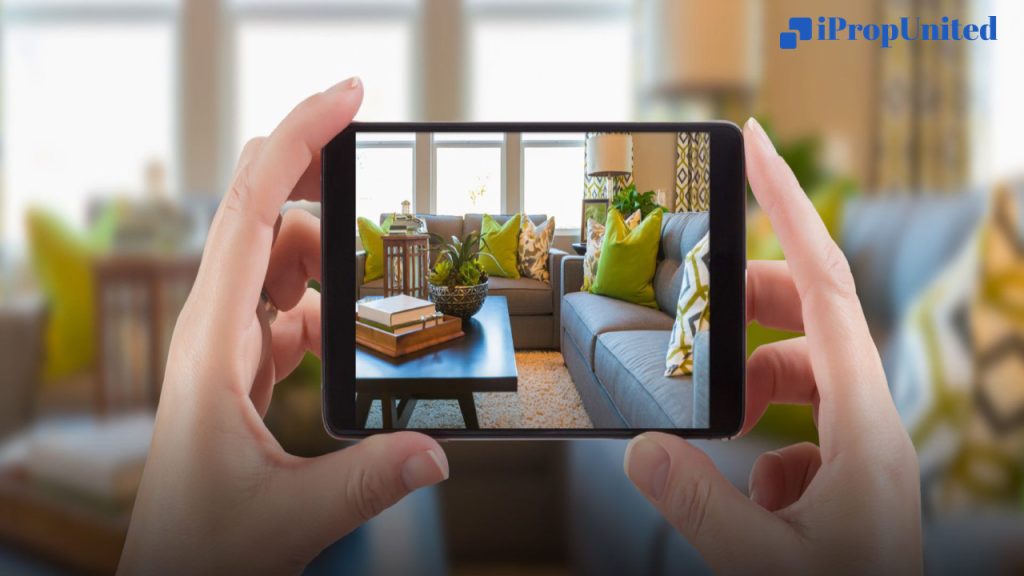The real estate industry has long been known for its fierce competition and ever-changing landscape. Agents and developers constantly strive to find innovative ways to market their properties and captivate potential buyers. In recent times, the advent of mobile augmented reality (AR) has emerged as a game-changing tool, revolutionizing the real estate experience. By seamlessly blending digital information with the physical world, mobile AR is reshaping the processes of property search, presentation, and sales.

One of the most profound impacts of mobile AR in the real estate sector lies in its ability to enhance the property viewing experience. Gone are the days when prospective buyers had to physically visit each property to grasp its layout, features, and ambiance. With mobile AR, users can now embark on virtual property explorations from the comfort of their own homes. By simply directing their smartphones or tablets toward a property listing, users unlock a treasure trove of information, including detailed floor plans, interactive 3D models, and even immersive virtual walkthroughs. This not only saves time and effort for both buyers and agents but also creates a more engaging and immersive experience.
Furthermore, mobile AR has become an invaluable tool for property developers and architects. By harnessing the potential of AR technology, they can construct interactive 3D models of their projects, allowing potential investors and buyers to visualize the end product long before construction commences. This proves particularly beneficial for off-plan properties, where decisions are often made based on nothing more than blueprints or artistic impressions. Mobile AR empowers developers to present an accurate and tangible representation of their vision, instilling confidence in potential buyers and driving sales.
Beyond enhancing property viewing experiences, mobile AR is reshaping the landscape of property marketing. By integrating AR elements into their marketing materials, agents can create captivating and interactive content that truly captures the attention of potential buyers. Static images are now being replaced by dynamic, 360-degree virtual tours, enabling users to explore properties in a more immersive and realistic manner. Furthermore, mobile AR allows for the creation of interactive property brochures and location-based advertisements, accessible to users as they explore specific neighborhoods or areas.
The advancements in mobile AR technology also hold immense potential for data analysis and decision-making within the real estate industry. By collecting and analyzing data from AR interactions, agents can gain invaluable insights into user behavior and preferences, which can inform effective marketing strategies and even influence the design and development of future properties. For instance, if a particular feature or layout proves exceptionally popular among users, developers may opt to incorporate it into upcoming projects, resulting in the creation of more desirable and marketable properties.
In conclusion, mobile augmented reality is disrupting the real estate industry, offering an array of benefits for agents, developers, and buyers alike. With its capacity to enhance property viewing experiences, revolutionize marketing strategies, and provide invaluable data insights, mobile AR is reshaping the way properties are perceived, marketed, and ultimately sold. As technology continues to evolve and become increasingly accessible, mobile AR is set to become an integral part of the real estate landscape, shaping the industry’s future for years to come.
Follow and Connect with us: Twitter, Facebook, Linkedin, Instagram







